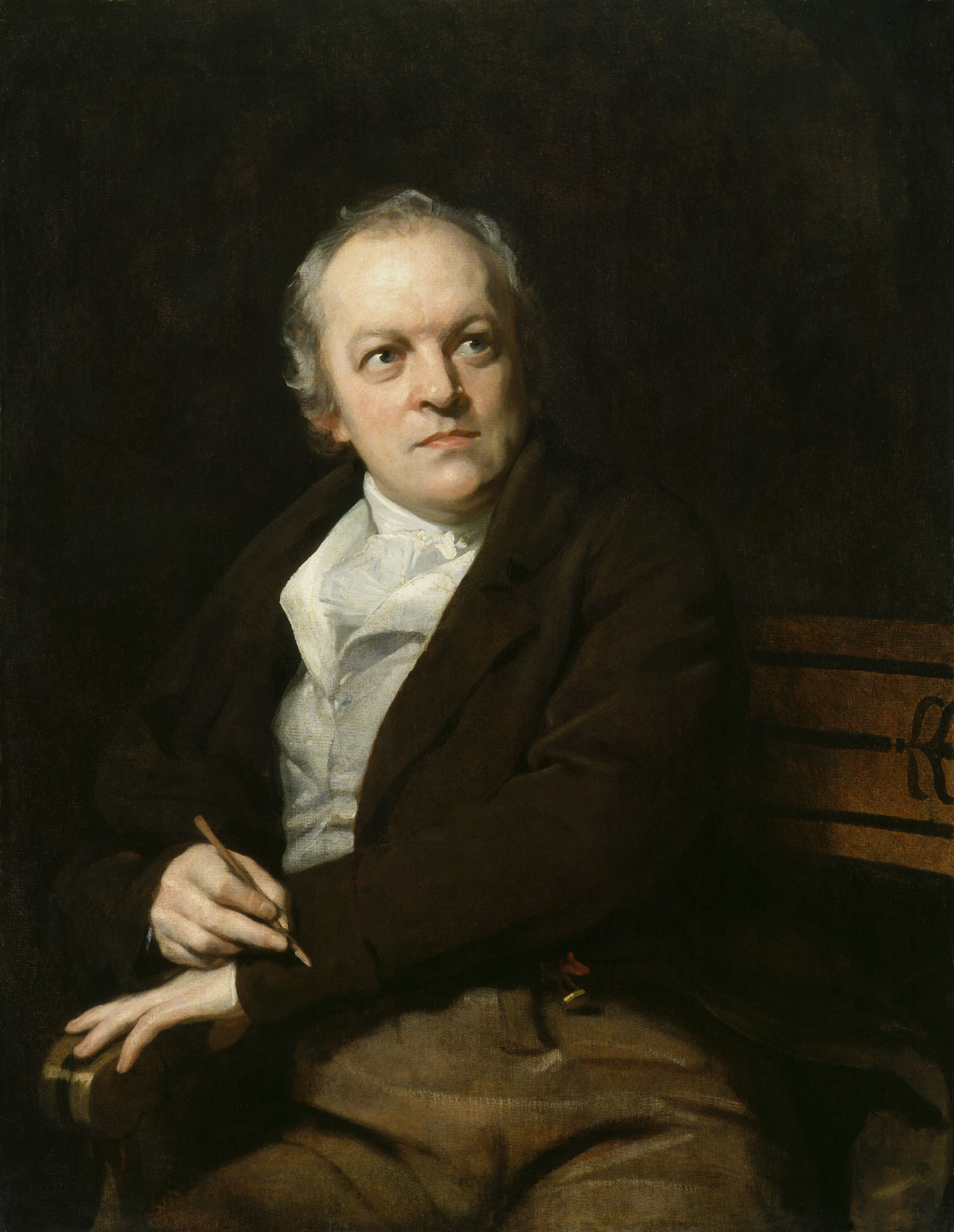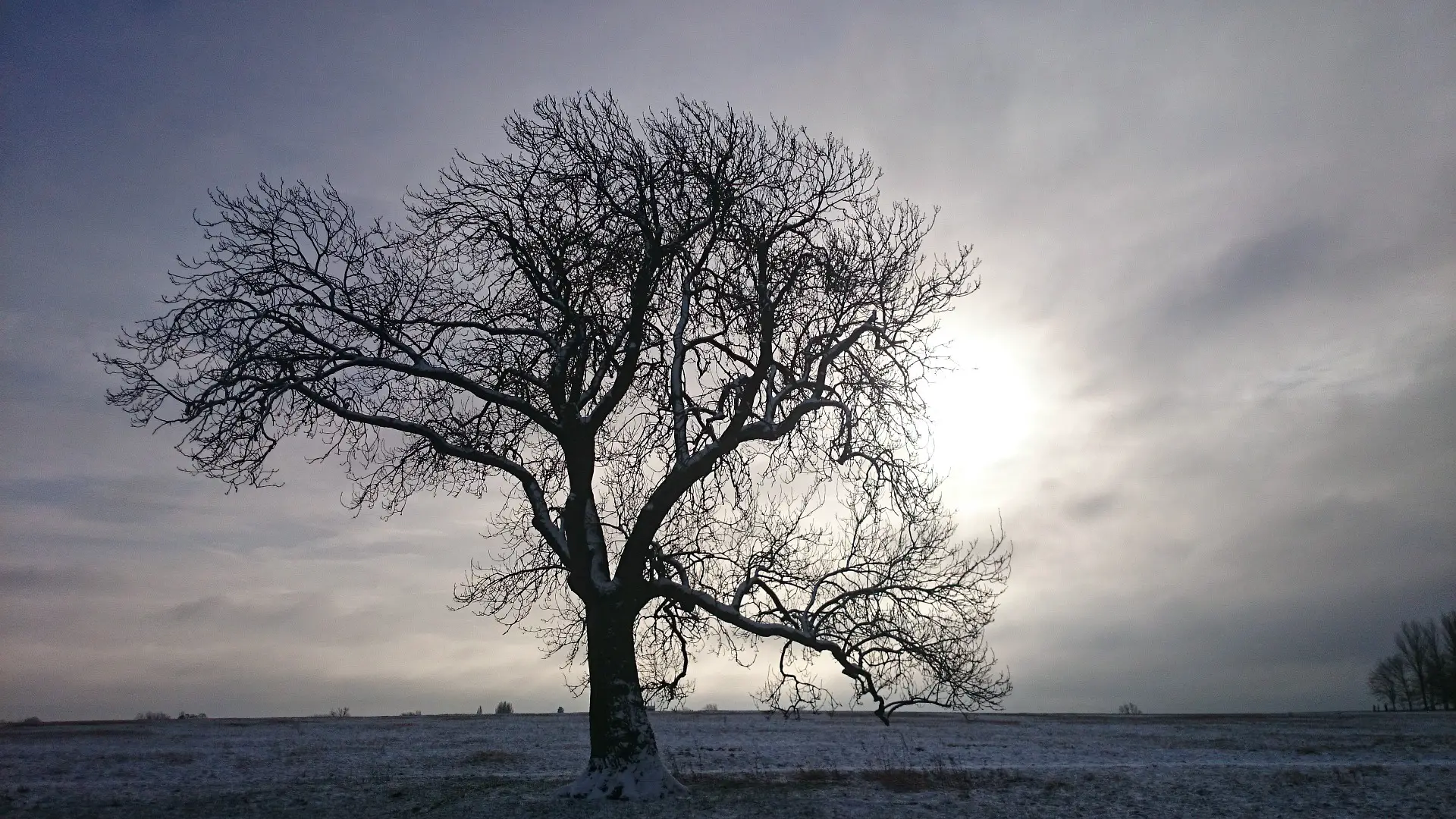
FULL POEM - SCROLL DOWN FOR LINE-BY-LINE ANALYSIS
I was angry with my friend;
I told my wrath, my wrath did end.
I was angry with my foe:
I told it not, my wrath did grow.
And I waterd it in fears,
Night & morning with my tears:
And I sunned it with smiles,
And with soft deceitful wiles.
And it grew both day and night.
Till it bore an apple bright.
And my foe beheld it shine,
And he knew that it was mine.
And into my garden stole,
When the night had veild the pole;
In the morning glad I see;
My foe outstretched beneath the tree.

LINE-BY-LINE ANALYSIS
STANZA 1
I was angry with my friend;
I told my wrath, my wrath did end.
Blake explains how he can easily cure his anger of ‘wrath’ with his ‘friend’ by speaking to his friend.
I was angry with my foe:
I told it not, my wrath did grow.
The simple cure of his anger, however, does not apply when he talks to his ‘foe’ or his enemy. This is because he cannot talk to his enemy about his anger in the same way he can with his friend. This contrasts the universal forgiveness as taught by the Christian faith.
STANZA 2
And I waterd it in fears,
In the second stanza the extended metaphor of the tree personifying the narrator’s anger begins. Blake describes ‘watering’ the tree which is a metaphor for feeding and nourishing his anger, suggesting that he plays a large role in the growth of his own anger.
Night & morning with my tears:
The image of the speaker watering the tree (or his anger) with his ‘tears’ is emotive and striking. Metaphorically, it illustrates the speaker feeding his anger with his own misery and distress. It also conveys just how serious his anger is if it can reduce him to tears.
And I sunned it with smiles,
And with soft deceitful wiles.
The positive imagery of the light of the sun juxtaposes the negativity of the fakeness of the ‘soft deceitful wiles’. ‘Wiles’ is associated with manipulative scheming with the intention to outwit someone. Blake’s word use here very much makes the speaker appear as the aggressor and his enemy as the victim. The anaphora and polysyndeton of ‘and’ create the sound almost of rapid, verbal machine-gun fire. This structural technique, coupled with the language, conveys the culmination and severity of the speaker’s contempt for his ‘foe’.
STANZA 3
And it grew both day and night.
Again the growth of the tree personifies the growth of the speaker’s anger. The fact that the tree is growing during the ‘night’, as well as the ‘day’, emphasises how quickly, perhaps unnaturally so, his anger is developing as, in nature, trees can only grow during the day with an abundance of sunlight.
Till it bore an apple bright.
The extended metaphor continues as Blake writes that the tree (his anger) ‘bore’ fruit to an ‘apple bright’. In this metaphorical context, the ‘apple’ signifies the embodiment of the speaker’s anger and makes us feel like the anger is at a climax – just like the climax that is the fruit forming on a tree after months of growing. Hence, this positive image of new life and natural goodness juxtaposes with the somewhat artificial negativity of their anger.
And my foe beheld it shine,
And he knew that it was mine.
These 2 lines narrate the speaker’s ‘foe’ finding and confronting the ‘apple’ or the speaker’s anger. It isn’t clear whether they intended to reconcile their relationship or confront the narrator more aggressively.
STANZA 4
And into my garden stole,
In this context, ‘stole’ means that the enemy has moved secretly into his ‘garden’. Again, his motivations are unknown. However, like the growth of the tree personifies the growth of his anger the ‘garden’ represents where the ‘tree’ and anger are held. As a result, the enemy is entering into the realm of the speaker’s anger, creating a suspenseful tone.
When the night had veild the pole;
This imagery of the ‘night’ is a pathetic fallacy of the darkness and sinister nature of the situation and foreshadows the loss of life to follow.
In the morning glad I see;
My foe outstretched beneath the tree.
The final 2 lines describe the situation in the morning and the clarity given to the situation by the morning light and a fresh perspective. The narrator reports being ‘glad’ to see his ‘foe’ dead ‘beneath the tree’. This line can be interpreted more literally than previous images of the ‘tree’ and ‘apple’ and they could have literally fought beneath the tree. However, the image has significance in that it is like the speaker’s anger or the ‘tree’ has killed and still dominates the corpse of his enemy.


